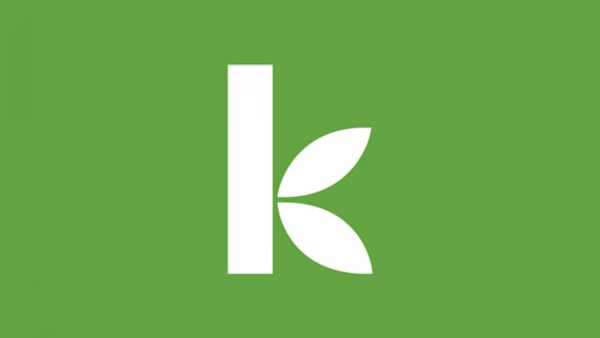
Visiting clients with Fundación Paraguaya hasn’t been exactly what I expected. Fundación clients aren’t being “lifted out of poverty.” They aren’t the poorest of the poor in Paraguay. Most of the time, their loans are simply maintaining a status quo, economically speaking. So far, I’ve visited clients based out of four branch offices, and they have a lot in common. Like many MFIs, Fundación clients are often repeat borrowers. They are already entrepreneurs before they receive their first loan. The classic example is the couple that owns the despensa, a small local grocery/variety store. When their stock gets low, they withdraw a loan in order to replenish their merchandise. Such loans do not necessarily enable them to grow their business, but it allows them to maintain their current level of success. Another example is the woman who has a tailoring business. At the beginning of the winter season, she applies for a loan to buy fabric to sew winter clothes. She needs to sell these clothes to provide for her family, and the loan ensures she has enough fabric to complete her orders, but it doesn’t change her business in any way. The question many people will ask in response to this disclosure is, “am I helping?” I think to find the answer to this question we need to go back to the purpose of microfinance, and the role of credit in alleviating poverty.
Microfinance provides access to credit for those who would otherwise be unable to attain it. Fundación clients would be rejected by large banks, who won’t give loans without collateral, and for whom the administrative costs of such a small loan are not worth their time. So, yes, we are providing credit to those who need it, and would not otherwise have it. And we are helping them maintain their business and provide for their families.
The question about whether Kiva loans are helping them grow is another question all together. When I ask loan officers what they think their clients need to be more successful, the answer is “skills.” Most Kiva clients are under-educated and do not have a sense of how to grow their business. In Banker to the Poor, Muhammad Yunus, argues that, “not one single [Bangladeshi] borrower requires any special training. They either have already received this training as part of their household chores, or have acquired the necessary skills in their field of work.” (p 205) I disagree with this completely, at least in the context of the clients I have seen in Paraguay. Many clients engage in retail work, which is not something you learn in the way you may learn to weave or farm. The joke amongst the interns at Fundación Paraguaya is that every client is engaged in copycat retailism. Any successful business, whether selling food or jeans, is seen by community members as their ticket to success, and soon there are 4 people selling women’s underwear on the same block. Anyone who has studied the basic principles of supply and demand will immediately see the flaw in this strategy.
Often, the inability to achieve economic stability is more subtle. Take the couple I met who have two businesses selling grains and vegetables – one in the city and one 150 km away, where their four oldest children live and work during the week. They take turns returning every other weekend to help with the business and spend time with their children. The country business is more profitable, and they would love to move there permanently, but they are afraid to leave their stall in the city. If the country business is not enough to support the family, they will have given up a good location in the city center, which is not easy to re-obtain. So they continue to split their time, working 14 hours, 7 days/week in two businesses. As they have for 23 years.
Many, many FP entrpreneurs have 2-3 businesses and work 12-18 hours every day to provide for their families. And they are doing ok; they are not the poorest members of society. But there is so much potential for more. What if they could have just one business, and work 10-12 hours/day?
Fundación Paraguaya does have skill-building programs. They run an agricultural high school, in which they teach economics as well as farming skills (I hope to blog more about this amazing program later on). All the women’s groups are required to attend a skills-building class quarterly, where they practice skills like balancing a budget, and how to save. Fundación Paraguaya is also starting a program to work with the children of borrowers, to teach them the skills to be successful entrepreneurial adults. It doesn’t reach everyone, but it’s a start.
My work as a nurse is driven by my belief that healthcare is a human right. Muhammad Yunus believes that credit is a human right. If you agree with him, then you will continue to loan to these entrepreneurs, who are some of the most hard-working, deserving people I have ever met. But it doesn’t mean microcredit, or Fundación Paraguaya, or Kiva are perfect. They are but one piece of the puzzle to solve poverty.
/>













